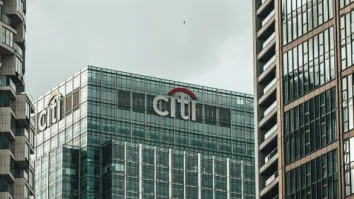
Indian banks raise capital against trying times
Top private banks should be able to boost capital effortlessly.
Capital surges amongst India’s financial institutions will bolster sector stability amidst a demanding environment, with investors and other stakeholders more confident that these measures can help the sector weather through the slump, according to a S&P Global Ratings report.
Banks that have vocalised their intention of raising equity include ICICI Bank, Axis Bank, State Bank of India, Bank of Baroda, and Punjab National Bank. Kotak Mahindra Bank and IDFC First Bank have recently issued huge amounts of capital as well. Top-tier private banks are well-capitalised, said credit analyst Michael Puli, as they are raising further capital to reinforce their balance sheets unlike state-owned banks which generally have only small guards over regulatory capital.
“We expect large private sector banks, State Bank of India, and a few other major public sector banks to be able to raise capital relatively easily. Yes Bank's follow-on public equity offer at a huge discount to the market price shows that the banks are willing to go the extra mile as well to get sufficient capital,” the report said.
Most public-sector banks enhanced their capitalisation last year, which should provide some support, S&P wrote. The CET1 ratio of public-sector banks was 10.1% as of end-2019, higher than the regulatory requirement of 8%. Public-sector banks' Tier-1 capital adequacy ratio was also higher than the regulatory requirement at 11.1%.
Government-owned banks in aggregate will generally be able to take in the estimated credit losses without breaching the regulatory minimum, the report noted, but they need an estimated $4.65b-$5.3b (INR350b-INR400b) worth of capital to grow, considering the 4-5% credit growth for these banks in the current fiscal year. Banks are likely to hold a buffer above the minimum capital requirement, which could increase the capital they need to raise.
"Besides State Bank of India and a few other large public-sector banks, we believe many public-sector banks will remain dependent on the government—or government-owned enterprises—to raise capital, given low market valuations and a potential crowding out effect stemming from the size of capital raisings already in the market," Puli said.
Some finance firms are also looking to boost capital adequacy to address asset quality issues and improve liquidity, such as Shriram Transport Finance, Mahindra & Mahindra Financial Services, PNB Housing Finance, and JM Financial. Larger finance companies are less affected by the current economic conditions and are building a war chest to grow and infuse capital into their subsidiaries and associates, the report said.



















 Advertise
Advertise











